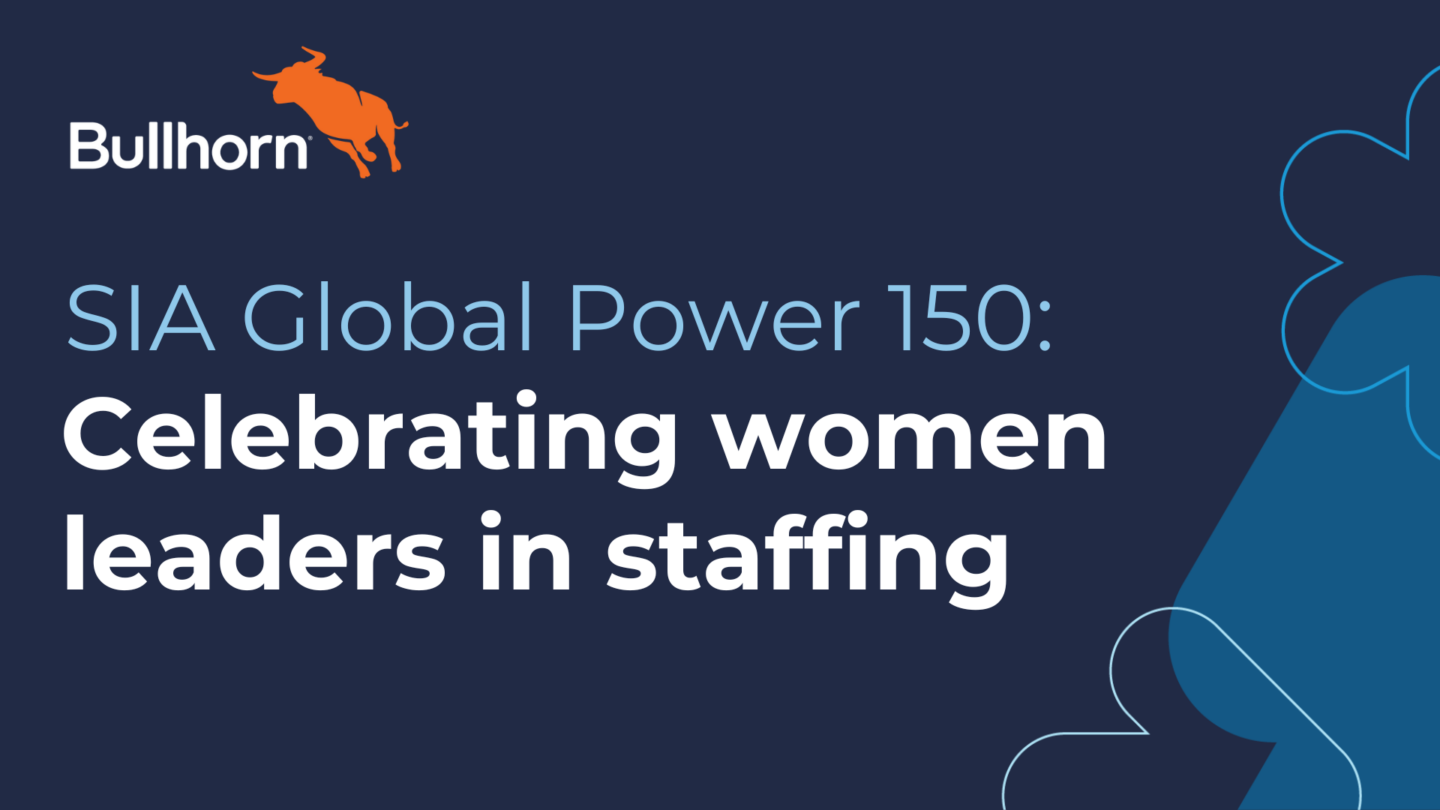Exploring the Need for Resilience Beyond 2020

If 2020 has taught us anything it’s that we never know when a pressure test will appear to challenge us. It’s important to build the skills to handle the ups and downs that life presents us with in order to continue moving forward. Resilience is a word that has been heavily used throughout this year. We all know it’s a skill we need, but have you ever really stopped to assess what it actually means and how you can continue to build more resilience?
Last week, we hosted the latest installment of our Virtual Round Table Series with a group of senior industry professionals. We also enlisted the expertise of Matt Hughes, Founder and Resilience Coach from Ripen. Throughout this discussion we explored the what, why and how of resilience not only for 2020 but also beyond.
What is resilience?
In order to explore the topic of resilience, it was important to first establish a group understanding of what resilience really means. Resilience is a word often thrown about by people but everyone seems to have a slightly different understanding of its meaning.
When the question ‘what is resilience?’ was proposed to the group, Suzie McInerney from Six Degrees Executive explained that she felt it was the “ability to bounce back from setbacks or build a bridge before you need it”. She further detailed that she felt resilience was partly to do with being reactive but also building the skills before you might need them in order to uniquely respond to situations.
Resilience expert Matt Hughes explained that it can be a hard word to define. “Resilience comes from the Latin word ‘resilire’ which means to recoil or rebound”. Matt used an analogy of putting an apple and a tennis ball into a vice. When the vice is tightened, the apple would explode under pressure and never be able to go back into its original shape and size. Whereas the tennis ball, put under the same pressure, will likely rebound and reform its shape, thereby representing Resilience. Matt explained that if we use this metaphor with humans, some people can handle more compressive stress than others. Ripen describes resilience as “A set of abilities that enable good outcomes in spite of serious threats”. Matt elaborated on this description explaining, “it involves an individual applying coping and problem solving abilities to thrive through any adversity, obstacle, or setbacks along life’s bumpy journeys”. Resilience is often described as bouncing back from setbacks. Matt however suggests that “true resilience could be argued as not needing to bounce back because when facing a setback we respond to it in a way that doesn’t negatively affect us at all. Situations won’t set us back because of the way we apply ourselves in these situations”.
The Importance of Resilience
When reflecting on the importance of resilience within recruitment, Rupert Harvey from SMAART Recruitment explained. “You’re always going to have setbacks in recruitment, it’s about being able to ride the peaks and troughs, bouncing back is part of the job, part of the constant”. Suzie noted that you often see people who come into the industry and enjoy high performance in a short period of time. It is not until they experience the other side of the role when it is highlighted they may not have the required resilience, and their time in recruitment is short lived. Suzie continued, “Resilience is absolutely fundamental to the sustainability of our business”.
Ripen feels that the word resilience has been weaponised throughout the pandemic with many companies saying to their teams ‘you just need to be more resilient’ or ‘just be positive’ without arming them with the skills to do so. Matt explained that “leaders who have recognised that their teams need help and invested in team performance and wellbeing, either from within or outside of the organisation, are seeing the best results”.
Resilience, are you born with it, or is it learned?
Is resilience a trait you are born with or is it something that you develop and learn over time? A question that often causes much debate.
When it comes to innate traits, traits which we are born with, Matt gave several examples. Personality traits such as having an easy temperament or a good sense of humour, are traits that enable people to deal with setbacks. He also explained that having cognitive abilities such as being able to proactively problem solve during difficult situations and looking at situations from different perspectives is another important resilience trait. “These things combine to create a baseline level of resilience”, Matt noted.
Resilience is also learned throughout life experiences, we learn how to cope better through exposure to different situations and challenges. “You can’t just ‘be more resilient’ but there is a proven set of abilities that we can learn. You can help your teams to become more resilient through training, helping them learn coping and problem solving abilities to assist them through their challenges”, Matt explained.
Becoming more resilient
So what can you do to help your teams become more resilient?
The group outlined many techniques that they have tried and tested within their businesses. Darran Butcher from Interpro explained a few initiatives Interpro had launched, “we set up mentor schemes, confidential counselling, yoga, meditation, physical exercise, regular feedback and pulse checks”. He detailed that some have worked and some weren’t as effective but “we have learnt through the experiences”.
When discussing resilience techniques, Matt explained the importance for leaders to try to understand and master their own resilience in order to truly be a role model of resilience within your businesses. He detailed the value of working on your mindset awareness, self-regulation and mental agility.
Darran mentioned to the group that although staff may appear to be resilient at work, their resilience could be tested at home at the same time. He felt the two are inextricably linked and people facing resilience challenges outside of work have felt the impact on their resilience at work, and vice-versa. Jason from TwoScots agreed explaining that “although many people have shown great resilience throughout this year, we are starting to see the cracks due to sheer exhaustion; with everyone deserving a well earned break at Christmas”. Suzie added to this explaining that “with the blurring of the lines, as leaders, you can no longer teach skills of being resilient just in recruitment but also must now focus on the home life as well”. When helping your teams to build resilience, Matt detailed the importance of teaching them how to compartmentalise work and home life. “Simple things such as getting your staff to shut work away when they aren’t doing it, will really help. Encourage them to shut the home office door or put laptops away. Out of sight, out of mind”.
Another important area is to help your teams understand and prioritise their self-care needs, Matt detailed “self-care is not a luxury it is a priority”. When under stress or pressure, self-care is the first thing to go out the window. “Highly elite individuals are trained to take care of themselves first. How can you help your team prioritise self-care and give them the space to do that?” Matt asked the group. “If we are not at our best for ourselves we can’t be at our best for others. Help them plan time in the day to give themselves a mental break or recovery time”.
Interested in learning ways to equip your teams with resilience skills? Reach out to the team at Ripen to learn more about their resilience training courses today!





